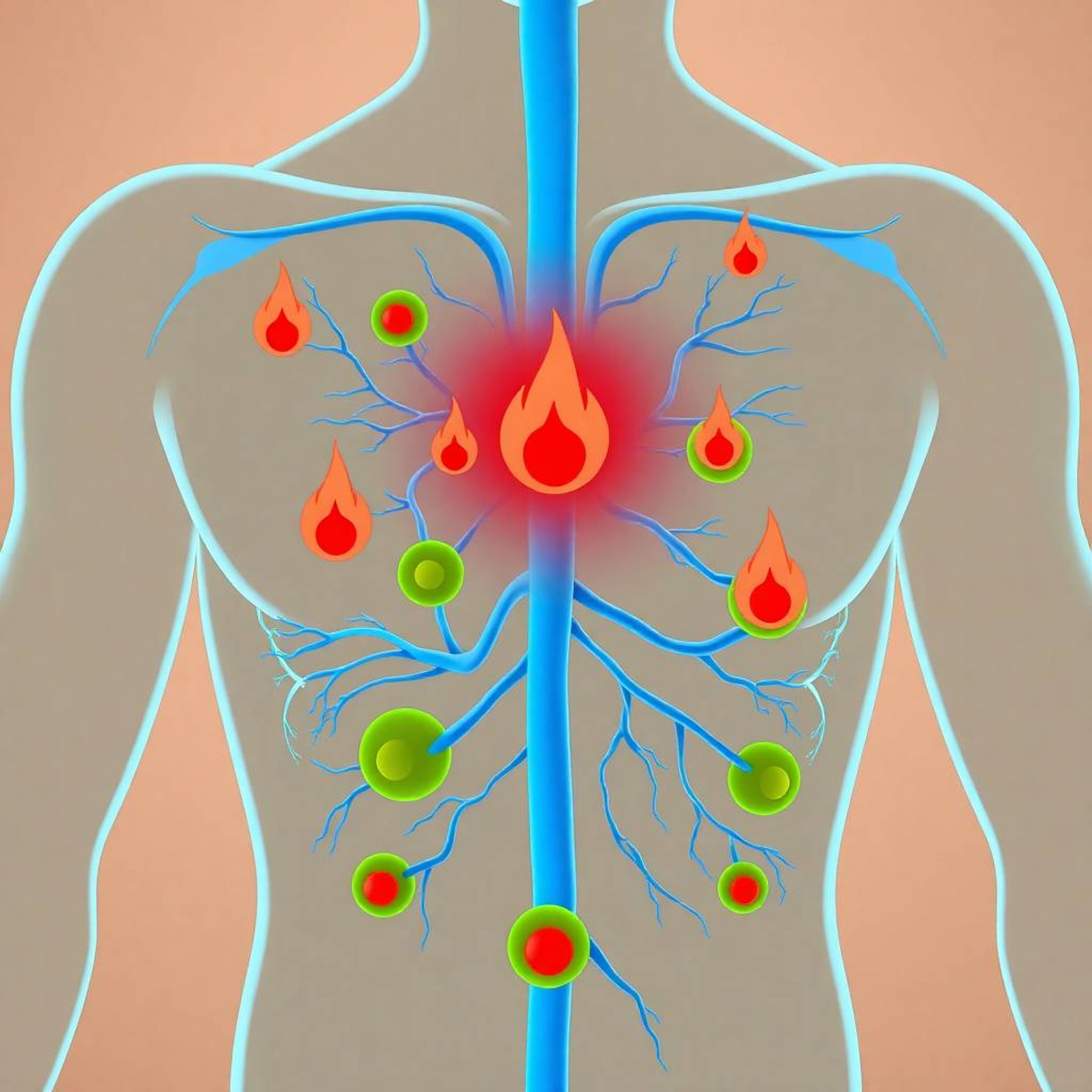Understanding Autoimmune Disorders: What They Are and How They Affect You

Understanding Autoimmune Disorders: What They Are and How They Affect You
Our bodies are incredible machines, equipped with an immune system that acts like a vigilant guardian. This system protects us by fighting off harmful invaders such as bacteria, viruses, and other threats. But sometimes, this guardian gets confused and mistakenly attacks the body’s own healthy cells, tissues, or organs. This is what happens in autoimmune disorders.
What Are Autoimmune Disorders?
Autoimmune disorders occur when the immune system turns against the body itself. Instead of protecting, it launches attacks on healthy parts, causing inflammation and damage. These conditions affect millions of people worldwide and can disrupt daily life in many ways.
What Causes Autoimmune Disorders?
The exact causes are complex and not fully understood, but several key factors contribute:
Genetic Factors: Family history plays a big role. Certain genes can make some people more likely to develop autoimmune conditions. If close relatives have diseases like lupus or rheumatoid arthritis, the risk increases.
Environmental Triggers: Things like infections, chronic stress, exposure to toxins, or certain medications can trigger the immune system to misbehave. Changes in the gut microbiome from diet or antibiotics may also play a part.
Hormonal Influences: Autoimmune disorders are more common in women, suggesting hormones like estrogen influence the immune system. Life stages such as puberty, pregnancy, or menopause can affect this risk.
Often, these factors combine to cause the immune system to overreact.
Common Types of Autoimmune Disorders
There are many types of autoimmune diseases, each affecting different parts of the body. Some of the most common include:
Rheumatoid Arthritis: Causes joint pain, swelling, and stiffness.
Lupus: Affects skin, joints, kidneys, and other organs, often causing fatigue.
Type 1 Diabetes: The immune system attacks insulin-producing cells in the pancreas.
Celiac Disease: Triggered by gluten, it damages the small intestine.
Multiple Sclerosis: Damages the protective covering of nerve fibers, affecting movement and brain function.
There are over 80 known autoimmune disorders, and diagnoses are increasing due to better awareness.
Recognizing Symptoms
Symptoms can be subtle and vary widely, making early detection difficult. Common signs include:
Persistent fatigue that doesn’t improve with rest.
Joint pain and stiffness, especially in the morning.
Skin rashes or unusual redness.
Flare-ups where symptoms worsen temporarily.
Diet and nutrition may help manage symptoms, with anti-inflammatory foods like omega-3s showing promise.
Treatment and Management
While there is no cure, treatments focus on managing symptoms and reducing immune system overactivity:
Medications: Anti-inflammatory drugs, immunosuppressants, and newer biologic therapies that target specific immune pathways.
Lifestyle Changes: Healthy diet, regular exercise, and stress reduction techniques like mindfulness or yoga.
Regular Monitoring: Ongoing medical check-ups to adjust treatment and prevent complications.
Personalized medicine, including genetic testing, is becoming more common to tailor treatments to individuals.
Key Takeaway
Autoimmune disorders happen when the immune system mistakenly attacks the body’s own cells, causing inflammation and damage. Genetics, environment, and hormones all play a role. Early diagnosis and consistent care are essential to manage symptoms and improve quality of life. With advances in research and treatment, people with autoimmune conditions can lead healthier, more balanced lives.
info@inspectordeepdive.com
© 2025 food.InspectorDeepDive.com. All rights reserved. Content may not be copied or republished without permission.
This article is for informational purposes only. InspectorDeepDive.com does not provide medical advice. Always consult a licensed healthcare provider before making dietary or health decisions.
